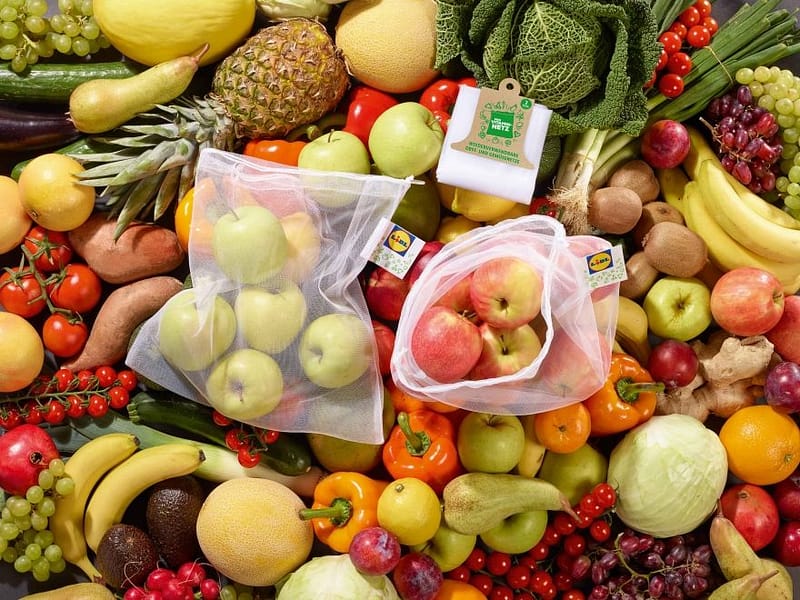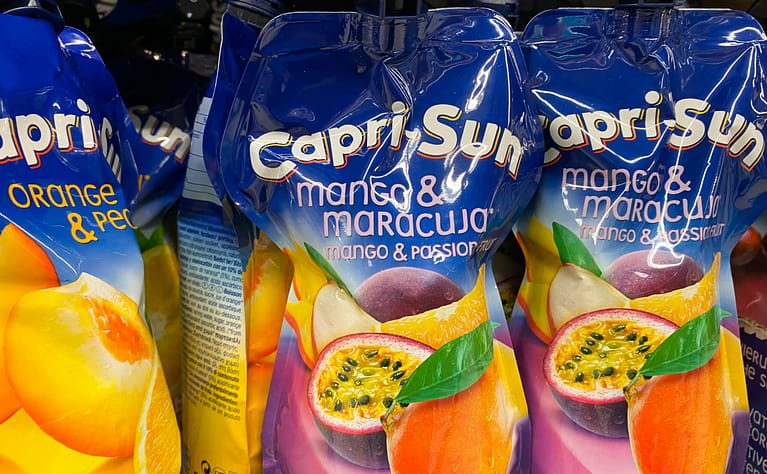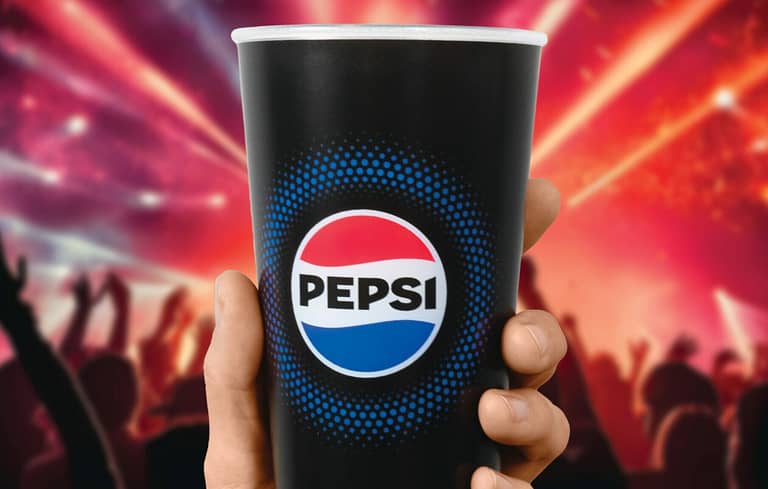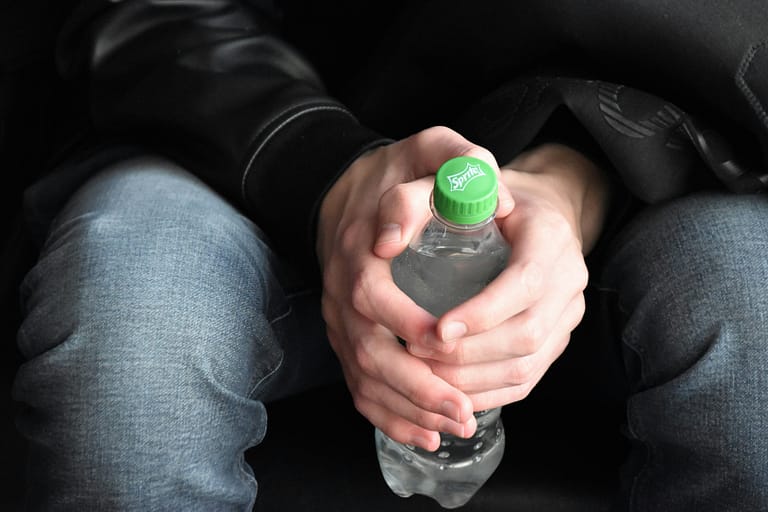How a discounter has become a packaging expert and is reducing the use of plastic.
Thomas Reiner | 14.05.2019
Sustainability is not a trend. And the circular economy is shaping markets. Packaging is at the center of the disruptive changes. And the biggest demanders are food discounters.
The discounter giant, Lidl (Schwarz Group), announced its “Plastic Strategy 2025” in February 2019 – and is sparing no time. Lidl is very pragmatic and pursues several approaches to achieve the set goal: There is to be at least 20% less packaging. In principle, the focus is on the recyclability of the packaging.
The extent to which there is an urge (and pressure) for a circular economy and less use of plastics is also shown by the fact that Lidl immediately starts to implement it – in the packaging of its own brands. According to the company, the optimization of the packaging design plays a central role.
– For products which by their nature require dimensionally stable packaging (eg minced meat, fresh poultry), optimized trays are used, which achieve better stability with less material input due to a better thickness distribution at the bottom and an improved crossbar. The plastic consumption is to be reduced by 11% and thus by about 200 tons of plastic per year in Germany. The next step will also be to work on further development of the cover film in order to ensure the recyclability of the entire packaging.
– The use of alternative materials for substitution of conventional (disposable) plastic is to be increased continuously. Especially in the area of suitable recycled plastics, however, there is definitely a problem on the supply side.
– Modified products should lead to smaller pack sizes (use of concentrates) or make complete packaging obsolete (other cucumbers with thicker skin replace canned cucumber). With the new packaging for the liquid detergent concentrates, Lidl opens up further eco-benefits: the bottles are lighter due to the smaller package size. This reduces CO2 consumption during transport. At the same time, energy and water are saved in the production of detergents.
NUMBERS
The Schwarz Group employs 400,000 people in 30 countries and operates more than 11,700 stores, of which more than 10,000 are owned by Lidl. The annual turnover of the group is 96.9 billion euros. In addition to retail, it is also active in production and disposal.




